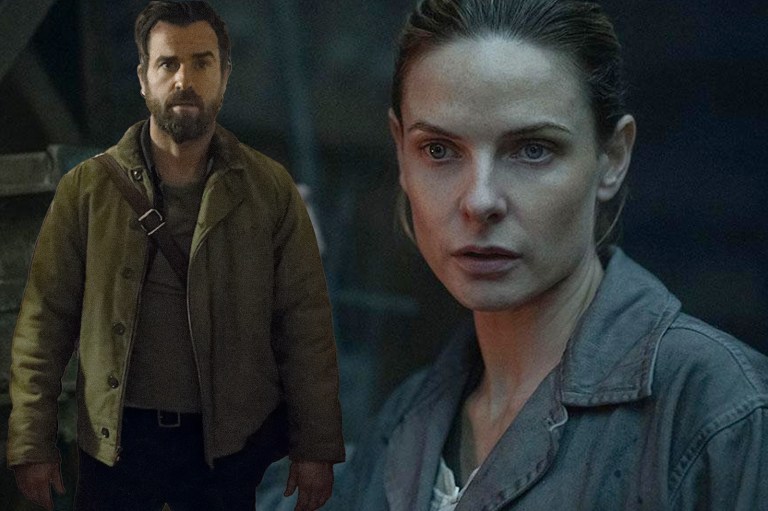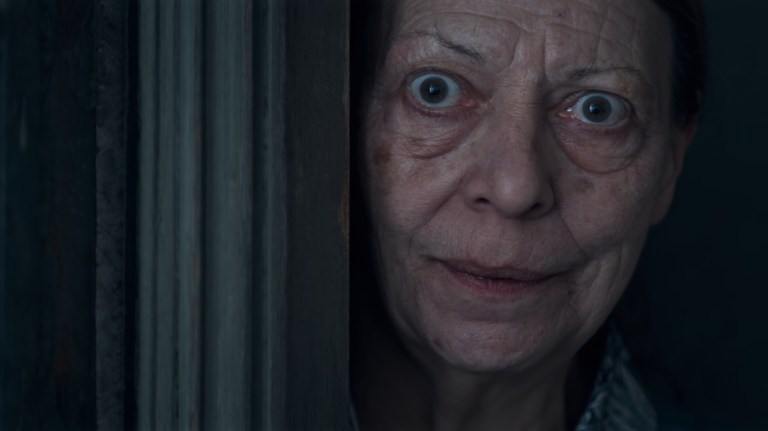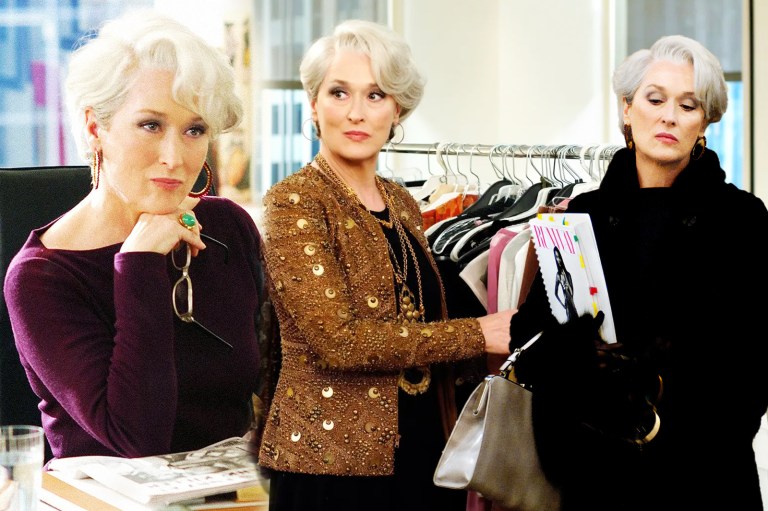
An Overly-Intense Track By Track Analysis Of The Second CD Of Joanna Newsom’s ‘Have One On Me’
You know when it’s not working, and it’s not because you don’t want it to work, but because it just won’t? And so you separate, you go on a ‘break’ so you can figure things out, you realize you need to be alone so that you can think, rediscover the self that has been so…
Jackrabbits
Our narrator did not do well “in California.” Crushed by loneliness, she apparently drank until she was “tired of” it, and the resolve it must have taken her to move away from the codependent relationship “cracked like a joke.”
She returns to her man with clumsy pleading, using imagery of gangly, broken-necked jackrabbits and the “fists of ham” with which she begged to be taken back. “I am, I can love you again,” she insists sadly. She’s been only in darkness, and the security of a relationship seems like a salvation – “you can take my hand like a length of rope,” she tells him.
These promises of security – “you can take my hand in the darkness if you need a friend” are not warm reassurances; it’s the narrator returning to what she does best, promising she will simply give love, caregive, be easy. Sometimes is nothing so dangerous to a relationship than embracing the idea that love is malleable or ill-defined: “It can change in shape or form, but never change in size,” she urges, a sentiment that should be not inspiring but painful to anyone who’s ever been in a vague “it is what it is” relationship.
It suggests her partner is less willing than she to return, and that she’s willing to accept whatever terms he lays out, so long as he takes her back and lets her take care of him.
Go Long
The kind of woman who fills her inner self with nothing but the desire to love someone else, who can’t stand alone and drinks away the awareness of what she materially needs in return is the type to be exploited. We have learned in songs like “Baby Birch” and “On A Good Day” that her lover is averse to commitment, and when she tried to leave during “In California”, a brave move in response to the awareness that this man would never meet her needs, her resolve became liquor-soaked and quickly crumbled and she plead to be taken back in any form possible.
In Go Long, she has completely given her power away. And this song is about the consequences of that decision; it is about terrible realization she discovers about the kind of man who’d be with her in such a condition. He’s had many women like this, disempowered and devoured them. Her lover isn’t evasive or antipathic – he’s a monster. Codependency takes two, and in her most vulnerable time, she realizes she’s been his prey and now her “limbs [are] at stake”.
We now understand the roots of his commitment-phobia – he’s always thinking about the next thing he can have. He feels entitled to as many beautiful women as he wants; the song begins by describing a dream in which she’s “brought in” to see him, prince of a hot and torrid country, on the bodies of his past victims.
And even though she recognizes the wrongness of it, she laments that all her nurturing has not been enough to change him. “We are praying I am the one to save you,” she says, but the man blames his insatiable appetite for better and more on something else, on whatever pain he’s been in (“you have been wronged,” she credits, “you are badly hurt,” she allows) – “but you don’t even own your own violence,” she accuses.
It’s such a classic situation for women to’ve been in; isn’t it the old adage, the loving woman trying to ‘change’ the unavailable, womanizing asshole who, at war with himself, refuses to settle down? “You mighty men,” she sings, pained – not just this man, importantly, “you mighty men.”
It’s just illogical for her: “Who made you this way,” she begs to know, reminding him heartbreakingly of longer-term issues – “who is going to bear your beautiful children,” she pleads for him to examine, and achingly: “Who will take care of you when you’re old and dying?”
Where is the “Daddy Longlegs” who was a partner to her in “Have On On Me?” He’s now a “wolf spider”, lying in wait for the kill – “If I knew you once, now I know you less,” she laments. But she’s still, as women do in these cases, willing to try and work to understand him, even to blame herself: “Have I had a hand in your loneliness?” she wonders. Maybe it’s her fault she’s not good enough. Crushing.
Go Long, as if in athletics – when called out in football, a runner’s encouraged to estimate a faraway distance between them and the object they want to catch. But this insatiable male may never get what he wants with his attitude – “go long, go long,” she scolds him bitterly (mocking the testosterone-heaviness associated with football?), “right over the edge of the earth.”
Importantly, Go Long hinges on the use of the Bluebeard myth, about a powerful man who has numerous wives in succession and kills them all. In the story, the final wife can live in the lap of luxury so long as she agrees not to open just one door in the house. But obsessed with getting to the heart of her husband’s secrets even more than with contentment, she finds a way to open the door – and discovers the room piled with the corpses of her predecessors.
“I have never seen such a terrible room!” Sings Joanna in chill-inducing gasping horror at the song’s peak. “Gilded with the gold teeth of the women who loved you!”
It is highly likely that it’s an affair that catalyzed our narrator’s realization that she has ended up with a Bluebeard; she’ll have an axe to grind against his “lawlessness” in a future song. It’s also possible it’s simply dawned on her that there’s no end in sight to her lover’s opinion that he can always do better than what he’s got.
Either way, this is possibly the record’s finest – and easily its most heartbreaking song. All of her tending, all of her faultless love she’s given even to the point of causing harm to her own identity has been spent on the kind of person who will only want more from elsewhere, leaving her adrift in deep hurt and confusion.
Occident
The relationship seems over again. “Occident” refers to the Western world (it was to the West she fled “In California”, too), but according to the dictionary, its root construction means “to fall”, the third time an ejection from Eden has been referenced on this record.
The song’s slow, powerless tone reveals the narrator helpless, confronted with a “long life” – all the years ahead she wonders if she’ll ever have the chance to resolve with her Bluebeard, to whom she’s waving farewell on a shore, romantic imagery of waving a handkerchief in farewell or plea.
Will anyone spend those future years with our narrator? “Are you going to know him,” she mulls out loud, longing for her permanent partner. “I wait while I decry the wait.” It’s the sad stasis of singlehood without viable options, realizing that the wild oats phase is over for her, but not for her lover nor for the others she might know. “Darling, I can’t go” from the goal of domesticity, she says; a heartbroken individual will not chase love but wait cautiously for it: “You may stay here with me,” she offers, but that’s the only option she feels strong enough to indulge, washed up and lonesome. ![]()










